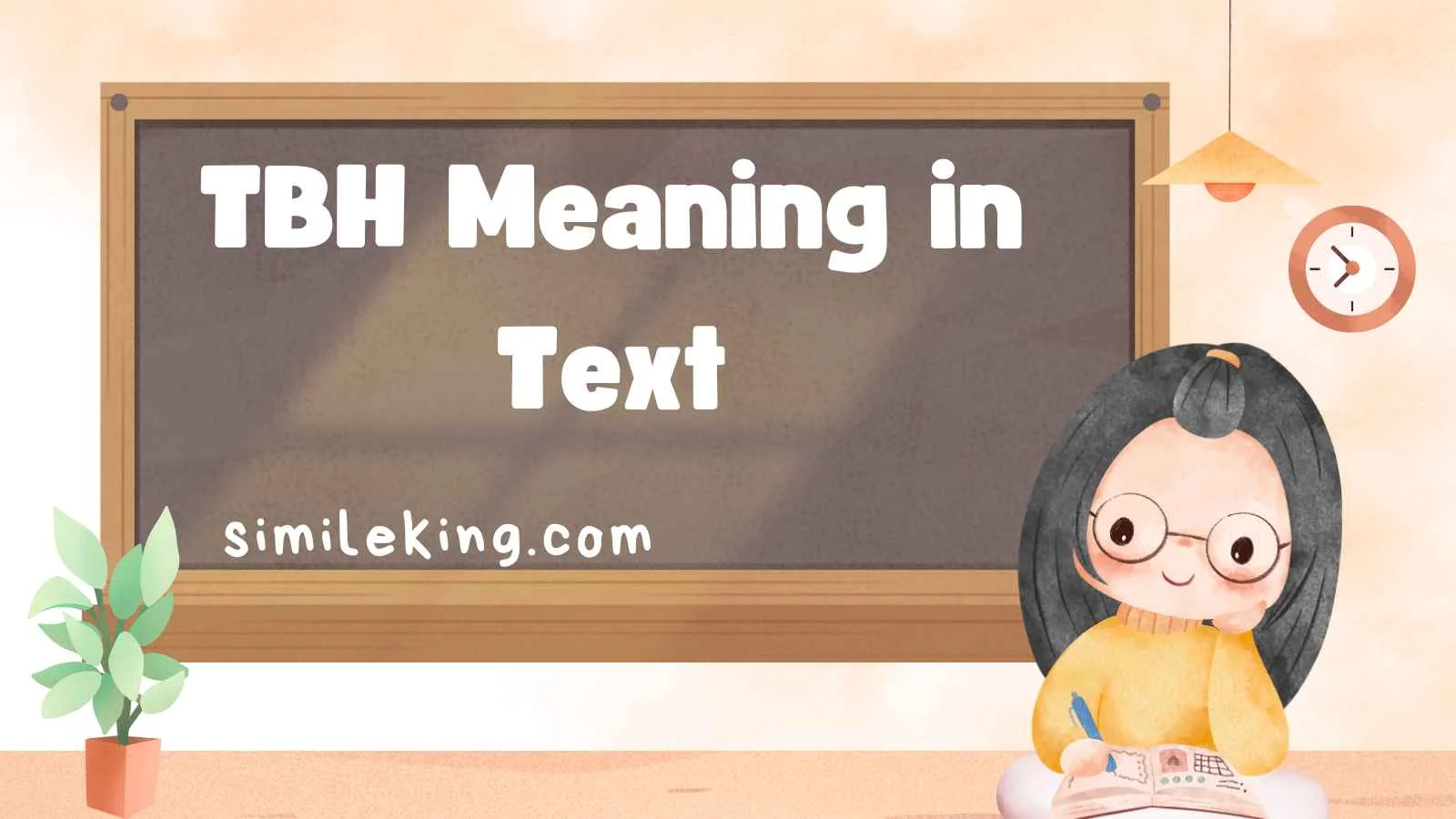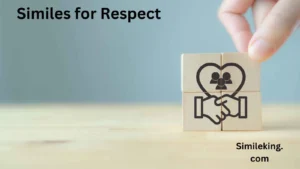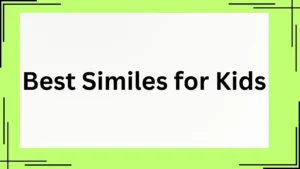In today’s fast-paced world of digital communication, acronyms dominate texting, social media, and online conversations. One of the most popular and widely used is “tbh.” If you’ve ever scrolled through Instagram captions, group chats, or casual online comments, you’ve probably seen it. But what does “tbh” mean in text?
At its core, TBH stands for “to be honest.” It’s a shorthand expression that conveys sincerity, bluntness, or transparency in casual conversation. However, in 2025, the phrase has evolved into more than just an abbreviation—it reflects nuances in tone, politeness, and social interaction.
This article provides the most comprehensive guide available in 2025 to the meaning of TBH in text. We’ll go beyond the definition to explore professional and casual alternatives, etiquette, and examples of when and how to use it. Whether you’re a student writing informally, a professional trying to maintain credibility, or simply someone wanting to master modern texting, this guide will give you everything you need.
What Does TBH Mean in Text?
TBH = To Be Honest.
The phrase is most commonly used to introduce a frank opinion or an honest confession. It often precedes a statement that might sound blunt, critical, or unusually sincere.
For example:
- “Tbh, I don’t really like that movie.”
- “Tbh, you’re one of the kindest people I’ve met.”
Evolution of “TBH” in Online Culture (2020–2025)
- Early usage (2010s): Often used in teen texting and social media to add bluntness or start casual confessions.
- 2020–2022: Became mainstream on Instagram and Twitter with “tbh posts” where users would say something honest about friends.
- 2023–2024: Adopted in memes and short-form video captions (TikTok, Instagram Reels).
- 2025: Now seen across texting, online forums, workplace Slack chats, and even professional digital communication.
Because of its versatility, TBH is no longer just slang—it’s become a social cue for truthfulness, softened honesty, or even friendliness.
TBH in Different Contexts
The meaning of TBH depends heavily on the tone, platform, and audience.
1. Casual Texting
In texting with friends, TBH signals straightforwardness, sometimes mixed with humor.
- “Tbh, that party was kind of boring.”
2. Compliments and Positivity
TBH is often used to soften a compliment and make it sound genuine.
- “Tbh, I admire how hard you work every day.”
3. Social Media Captions
People use TBH in captions to sound more authentic.
- “Tbh, I only came for the food 🍕.”
4. Professional Settings (With Caution)
Using TBH in emails or workplace chats can make you appear casual. In 2025, professionals are advised to use formal alternatives in official communication.
- Instead of: “Tbh, the report isn’t strong.”
- Use: “To be transparent, the report could be improved in several areas.”
Why Tone Matters with TBH
The tone of TBH can be interpreted in multiple ways:
- Positive: Shows honesty and sincerity.
- Neutral: Adds emphasis to an opinion.
- Negative: Can come across as blunt or overly critical.
For instance:
- Positive: “Tbh, you’re amazing at what you do.”
- Neutral: “Tbh, I haven’t thought much about it.”
- Negative: “Tbh, your plan doesn’t make sense.”
Choosing the right alternative is essential when writing for different audiences.
Polite, Professional, and Casual Alternatives to TBH
While TBH works well in informal text, there are times when you need alternatives. Below are carefully curated replacements, each with its own nuance.
1. To be frank
- Slightly formal; conveys honesty without sounding too harsh.
- “To be frank, the design feels unfinished.”
2. To be transparent
- Excellent for professional settings; signals openness.
- “To be transparent, we are behind schedule.”
3. In all honesty
- Works well in both casual and formal tones; emphasizes sincerity.
- “In all honesty, I was nervous about the presentation.”
4. If I’m being real
- Very casual; used mostly in friendly texting or social media.
- “If I’m being real, I stayed up all night watching Netflix.”
5. Truthfully
- Neutral and versatile; can fit both emails and conversations.
- “Truthfully, I don’t think it’s the right time to invest.”
6. Between us
- Conveys a sense of confidentiality; softer than blunt honesty.
- “Between us, I think the deal won’t go through.”
7. Honestly speaking
- Polite and natural in both professional and casual contexts.
- “Honestly speaking, I expected a better outcome.”
8. Just being honest
- Slightly defensive; often used to soften criticism.
- “Just being honest, that haircut doesn’t suit you.”
9. Candidly
- Best in formal writing or professional communication.
- “Candidly, our team lacks the resources to continue.”
10. Straight up
- Very casual and youthful; conveys bluntness.
- “Straight up, I didn’t enjoy the concert.”
How to Choose the Right Alternative
When replacing “TBH,” ask yourself:
- Audience: Are you texting a friend, emailing your boss, or writing on social media?
- Tone: Do you want to sound casual, polite, or professional?
- Purpose: Are you complimenting, criticizing, or confessing something?
Quick Guide:
- Professional settings: To be transparent, Candidly, Honestly speaking
- Friendly texting: If I’m being real, Straight up, Just being honest
- Polite compliments: In all honesty, Honestly speaking, Truthfully
10 Polished Examples of “TBH” in Text (2025)
Here are realistic, modern examples optimized for readability and user intent:
- “Tbh, you’re one of the most reliable friends I have.”
- “Tbh, I wasn’t expecting that twist in the movie.”
- “Tbh, I don’t feel ready for tomorrow’s test.”
- “Tbh, I admire your ability to stay calm under pressure.”
- “Tbh, that new song is stuck in my head all day.”
- “Tbh, I need some time to think about it.”
- “Tbh, your advice really helped me today.”
- “Tbh, I don’t enjoy crowded places.”
- “Tbh, you handled that situation better than I could have.”
- “Tbh, I just want a quiet weekend to relax.”
Each example shows how TBH can be used for opinions, compliments, confessions, or personal truths.
Common Mistakes to Avoid with TBH
Even though TBH is common, it can be misused.
- Overusing it: Repeating TBH in every sentence can make you sound insincere.
- Using it in formal emails: Avoid TBH in resumes, cover letters, or official documents.
- Pairing it with harsh criticism: “Tbh, you’re terrible at this” can sound rude. Instead, soften the language.
- Assuming universal understanding: Not everyone is familiar with online acronyms, especially across cultures.
Final Thoughts
The acronym TBH may seem simple, but its role in modern communication is powerful. In 2025, it has grown beyond being just an abbreviation—it’s a tone-setter that can make a message sound more genuine, blunt, or friendly.
Whether you use “tbh” in casual texts, or prefer formal alternatives like “to be transparent” in professional contexts, the key is knowing how your audience will interpret it. Mastering TBH—and its replacements—will help you communicate with clarity, respect, and authenticity in every situation.





